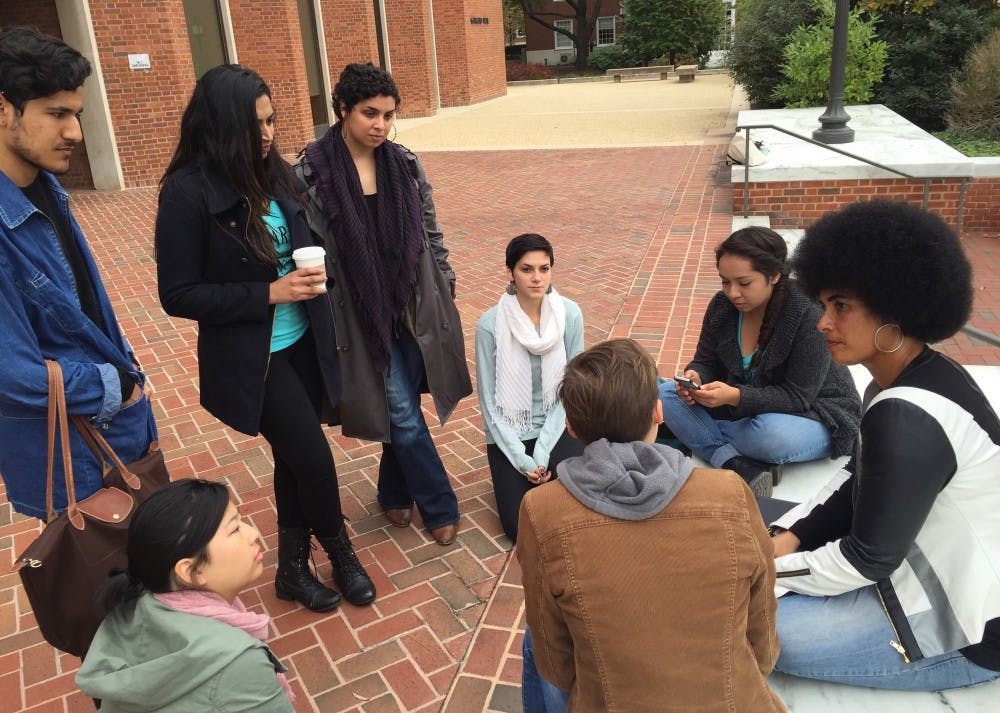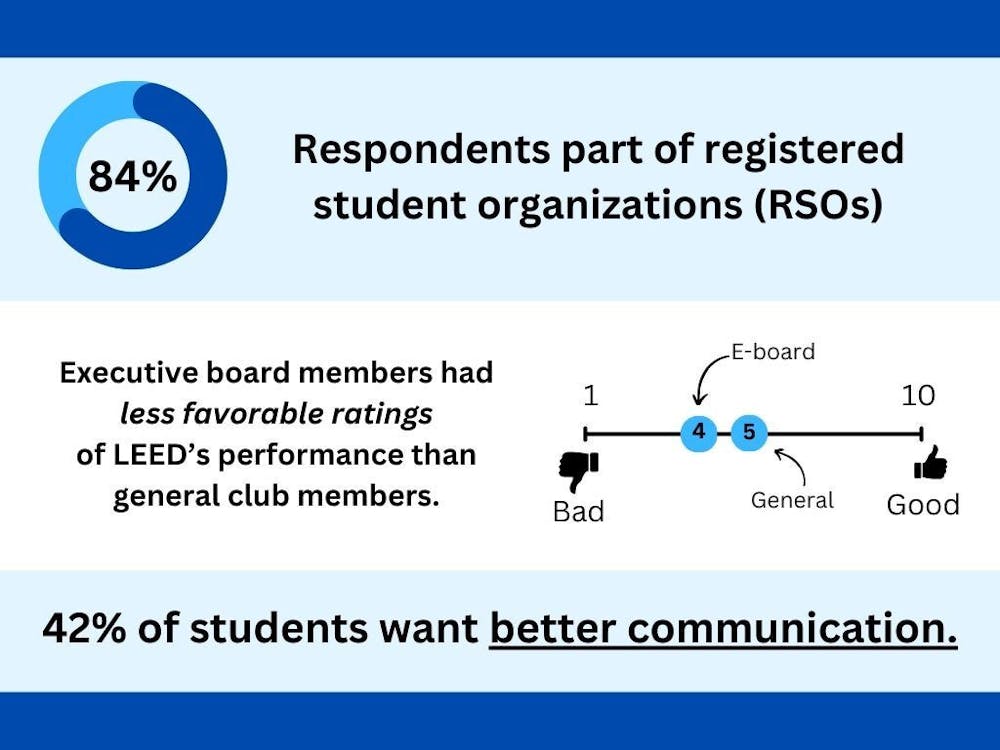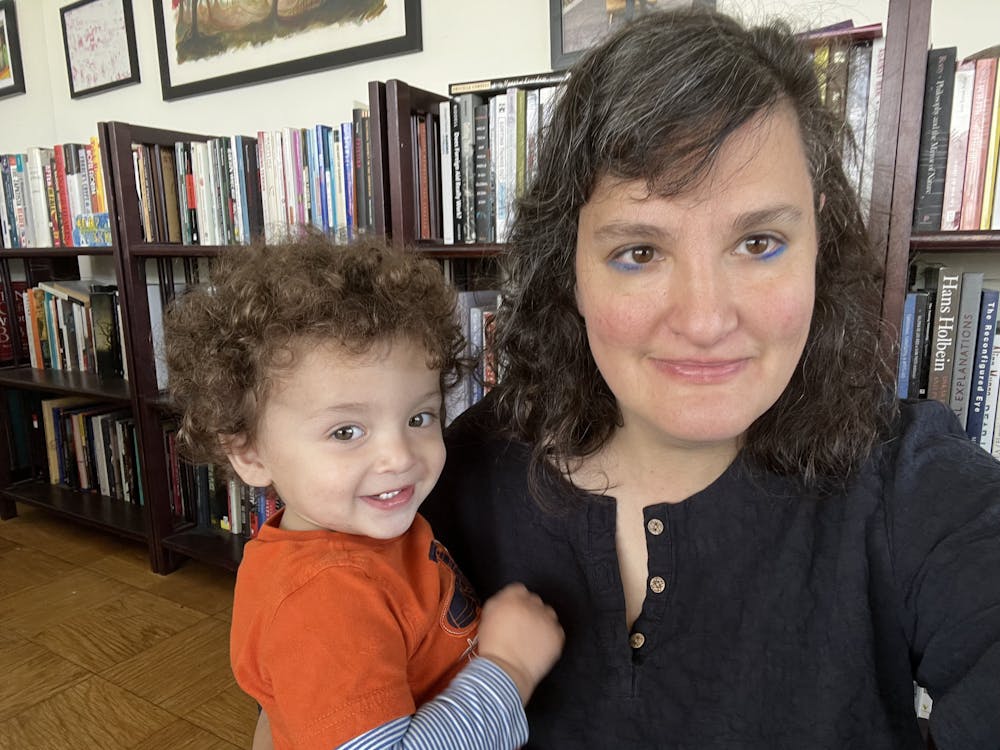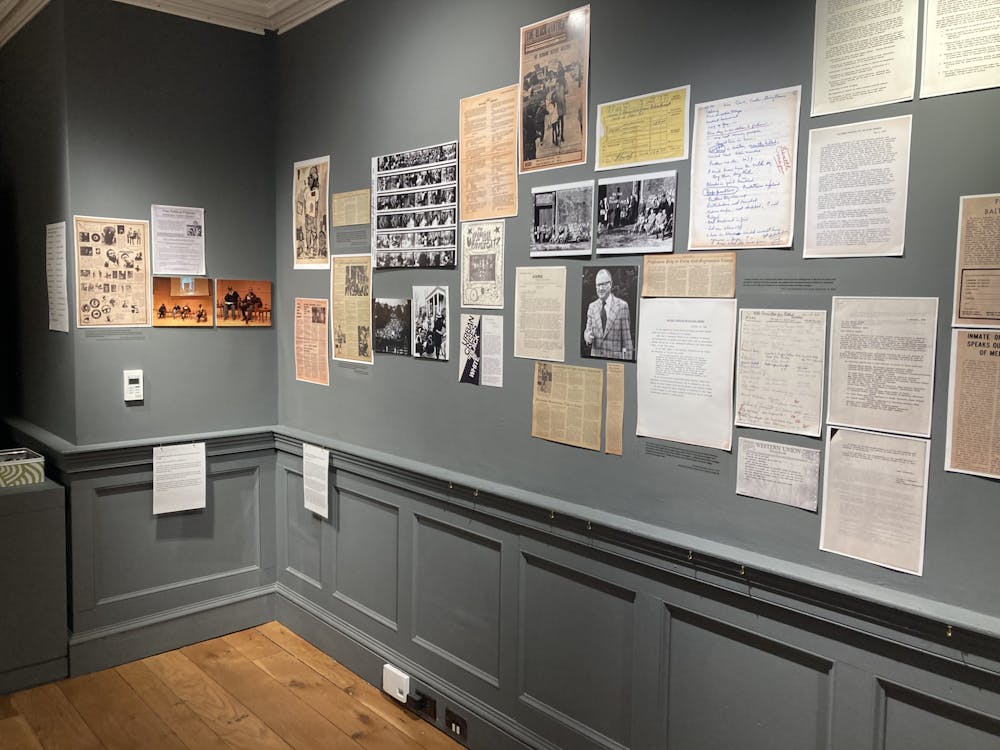The University announced on Thursday, April 26 that it revoked the honorary degree awarded to actor and comedian Bill Cosby in 2004. Hopkins made the decision the same day that Cosby was convicted of three counts of aggravated indecent assault and sentenced to 10 years in prison for each count. Cosby was found guilty of drugging and sexually assaulting Andrea Constand in his suburban Philadelphia home in 2004.
This is the first time the University has revoked an honorary degree.
In an interview with The News-Letter last Thursday, University President Ronald J. Daniels explained why Hopkins delayed rescinding the degree until now.
“A determination to revoke the honorary degree should proceed on the basis of an independent and fair process that was able to assess the allegations against Mr. Cosby,” he said. “The decision of the jury today in Pennsylvania clearly meets that standard for a comprehensive and impartial process and, accordingly, the University’s Board of Trustees has revoked the degree.”
In the past few years, over 50 accusers have publicly come forward with allegations of sexual assault against Cosby, including Lili Bernard, a former actress on The Cosby Show whose son attends Hopkins. Since 2015, Bernard has worked with the Sexual Assault Response Unit (SARU) to convince the University to revoke Cosby’s honorary degree.
Cosby’s first trial ended in a mistrial on June 17, 2017, when a deadlocked jury could not come to a decision after six days of court proceedings. For Bernard, the results of the 2018 trial gave her a sense of hope.
“It was not just a restoration in my faith in humanity, but also in my faith in the legal system,” she said. “What this verdict has shown is that the legal system, which is light-years behind modern culture, is finally catching up.”
Bernard said that the prosecution returned with renewed strength during the 2018 trial.
“One of the most effective things that the prosecution did in this trial was to bring an expert witness as their first witness, and that was a forensic psychiatrist,” Bernard said. “She just outlined all of the rape myths and how all these commonly believed notions about how rape survivors should behave are actually falsehoods.”
In a statement to The News-Letter, Executive Director of Media Relations and Crisis Communications Dennis O’Shea wrote that by revoking the honorary degree, the University terminated any association between itself and Bill Cosby.
“The University conferred the honorary degree on the comedian and actor in 2004 based on his professional accomplishments to that date. At the time the honorary degree was conferred, the University was unaware of the allegations that Mr. Cosby sexually assaulted dozens of women over decades,” O’Shea wrote.
The University did not, however, notify Bernard of the decision to revoke the degree when it was released earlier this week.
“They haven’t written me, they haven’t called me. They haven’t thanked me,” she said. “They haven’t apologized to me for taking so long to come to the decision.”
In 2015, Bernard and seven SARU members met with Board of Trustees Secretary Maureen Marsh and then-Interim Vice President and General Counsel Paul Pineau. Bernard provided the University with a witness testimony of the trauma she underwent.
Bernard took issue with the fact that the University did not revoke the degree for another three years.
“The problem that I had with Hopkins waiting almost three years from when I spoke to them was that my word wasn’t enough and my witnesses’ word wasn’t enough,” Bernard said.
She said that during the University’s decision-making process on whether or not to revoke Cosby’s honorary degree, it failed to respond to her emails. She said this silence sometimes lasted for up to five months. However, she reiterated that she was still grateful for their decision.
“I’m glad that they came upon a decision that’s really going to place them at the right side of history, however disregarded I felt in their failure to do so earlier,” she said.
SARU Co-Presidents Dani Pitkoff and Mayuri Viswanathan said that while they were ultimately glad that the University revoked Cosby’s degree, they felt that doing so only after a conviction was made undermined the testimonies of Bernard and other survivors.
“We’re glad that it happened, but this also sends the message that you’re not going to be believed unless there’s a conviction,” Pitkoff said.
Viswanathan was disappointed in how long it took Hopkins to revoke Cosby’s honorary degree, adding that the University’s actions fostered the narrative that sexual assault survivors will not be believed unless they carry out the often long and difficult process of pressing legal charges.
“It’s important to bring to attention the fact that the requests of student survivors and [Bernard] were completely ignored and sidelined for years. The narrative of due process doesn’t make sense,” Viswanathan said. “It wasn’t one accusation, it wasn’t two accusations. It wasn’t just our institution. Their willingness to ignore it just shows their lack of belief and support in survivors.”
She added that the school’s administration should have held itself to a higher moral standard, rather than waiting for a guilty verdict.
“It’s not like Cosby paid tuition. It’s not like there’s any sort of obligation, it really is a symbolic thing. But taking it away is also a really symbolic thing,” she said.
Junior Stephanie Summerfield believes that the University’s actions do not align with its message about standing in firm opposition to sexual assault.
“Because they waited until he was declared guilty by a court of law, I think it shows that they might claim to take sexual assault seriously, but they drag their feet on dealing with it,” she said. “It’s not consistent with what they say about sexual assault to not have revoked it sooner.”
Sophomore Reah Vasilakopoulos agreed, adding that she thought revoking the honorary degree was overdue. The administration’s response, she said, caused her to think critically about the climate surrounding sexual assault on campus and how the University supports survivors of sexual assault.
“It shouldn’t take more than 50 women coming forward and an actual sentencing for the University to rescind this degree,” she said. “It should have happened amid all the accusations. It should have happened many, many years ago.”
Vasilakopoulos believes that the outcome of the Cosby case shows how survivors coming together to share their stories can have actual power. According to her, however, it also exposed weaknesses in the justice system.
“So many of the survivors weren’t able to bring it to the criminal justice system because of the statute of limitations being expired,” Vasilakopoulos said. “It also speaks to a lot of the problems in the criminal justice system with how [sexual assault] is treated.”
Though Bernard felt that there were issues in the way the University treated her, she still believes that the decision to revoke Cosby’s honorary degree is a step in the right direction.
“I hope that Hopkins rescinding Bill Cosby’s honorary doctorate will give the victims of sexual assault on campus a glimmer of hope that their voices will be heard by the institution, that the institution will act accordingly to their cries of help, that the institution will be an advocate to their healing,” she said.

















Please note All comments are eligible for publication in The News-Letter.